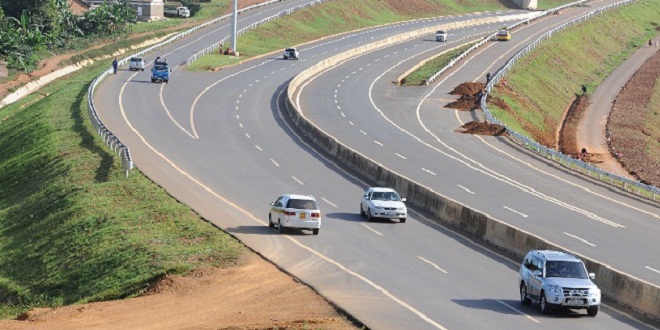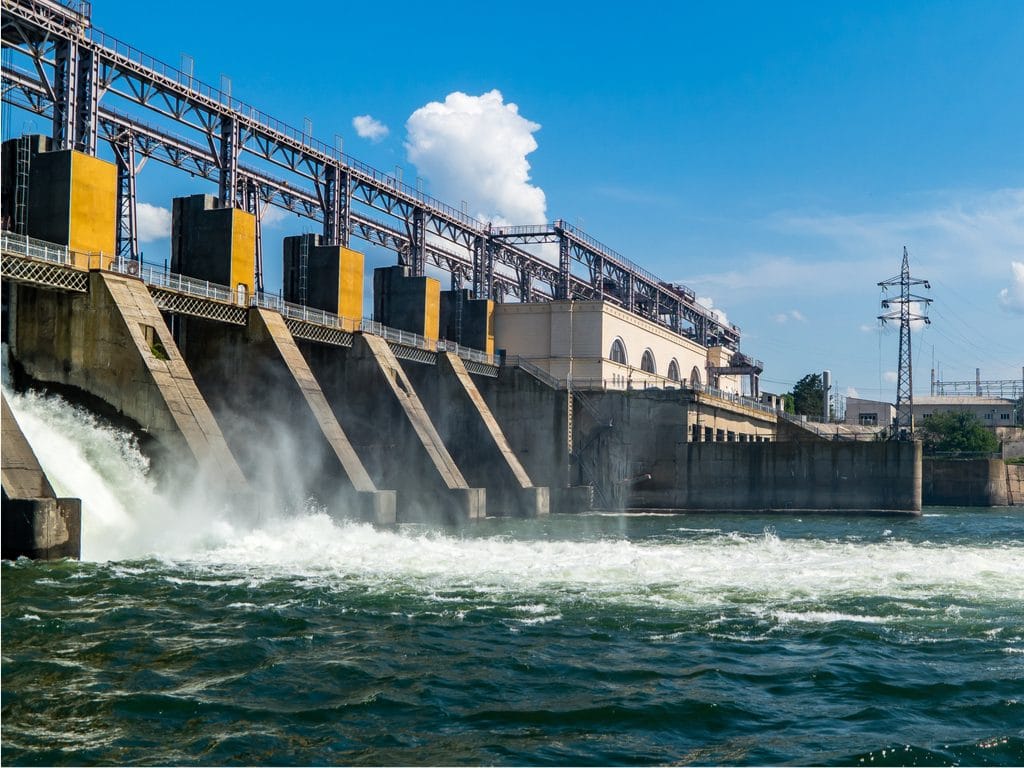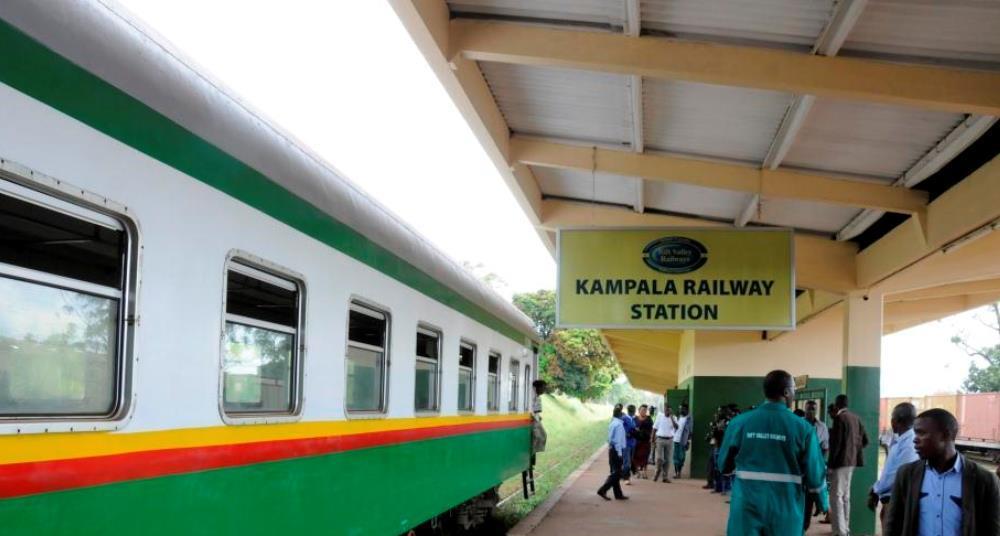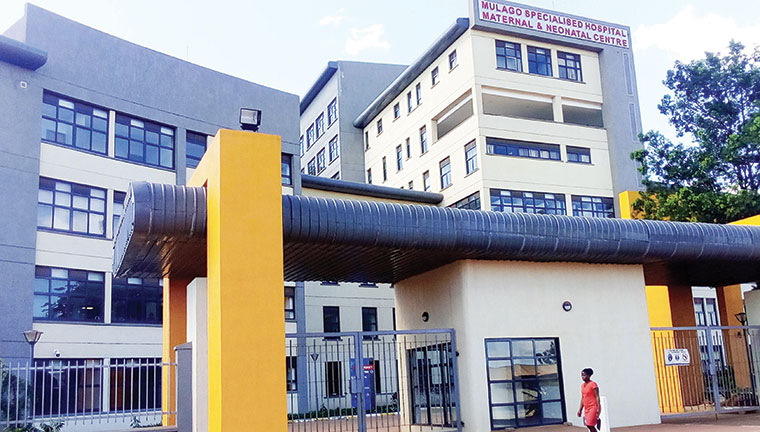Infrastructure Development in Uganda

Uganda has made significant strides in infrastructure development in the recent years, with significant investments made in road networks, energy, and telecommunications. This has had a tremendous impact on the country’s economic growth, social development, and overall well-being of its citizens.

New Jinja Nile Bridge
One of the key areas where Uganda has made impressive progress is in road construction and rehabilitation. Over the past few years, the government has invested heavily in building and upgrading roads, particularly in rural areas. These efforts have significantly improved accessibility and connectivity, linking previously isolated communities to markets and services.

Kabale – Kisoro road

Kampala – Entebbe Express highway
Additionally, the government has prioritized the development of energy infrastructure, with significant investments in hydropower, solar, and other renewable energy sources. This has led to increased access to electricity across the country, particularly in rural areas, which has improved living standards, enhanced economic growth, and facilitated the growth of small and medium-sized enterprises.

Bujagali Hydropower plant
The telecommunications sector has also undergone tremendous growth and development, with the rollout of 4G networks and the continued expansion of mobile phone coverage. This has enabled improved communication and connectivity, facilitating the growth of e-commerce, mobile banking, and other digital services, which have transformed the way Ugandans do business.

Agent banking
Beyond these key areas, Uganda has also invested heavily in other infrastructure projects, including the development of modern airports, the expansion of the railway network, and the construction of modern hospitals and schools. These investments have contributed to significant improvements in the quality of life of Ugandans, creating new opportunities for education, healthcare, and economic growth.

Kampala Railway Station

Mulago specialized hospital, maternal and neonatal centre
Overall, Uganda’s investment in infrastructure has had a transformative impact on the country’s development trajectory. By improving accessibility, connectivity, and energy access, the country has created new opportunities for its citizens, stimulated economic growth, and facilitated the development of a vibrant private sector. Looking ahead, continued investment in infrastructure will be key to unlocking Uganda’s full potential and ensuring that its citizens can thrive in the years to come.







